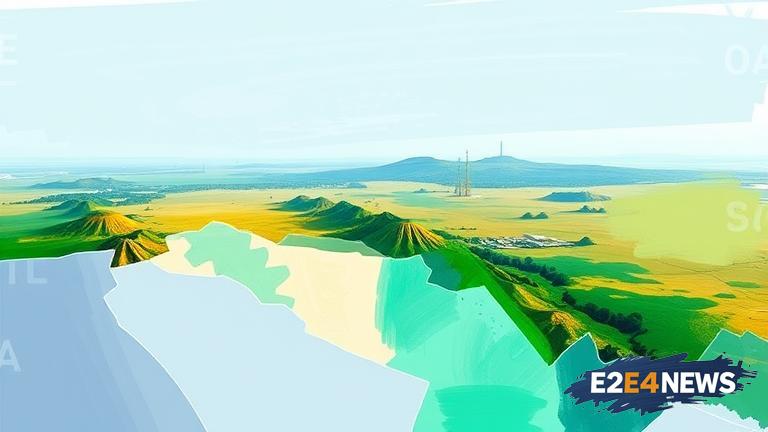Iraq has been a major player in the global energy market for decades, with its oil reserves being a crucial component of the country’s economy. The country’s energy profile is characterized by its vast oil reserves, which are estimated to be around 147 billion barrels, making it the second-largest oil producer in OPEC. Iraq’s oil production has been steadily increasing over the years, with the country aiming to reach a production level of 6 million barrels per day by 2025. The majority of Iraq’s oil production comes from the southern region, with the Rumaila oil field being the largest oil field in the country. The field is operated by the BP-led Rumaila Operating Organization and has been producing oil since 1955. Iraq’s energy sector is also dominated by the state-owned Iraqi State Oil Marketing Organization (SOMO), which is responsible for marketing and selling the country’s oil exports. The country’s oil exports are primarily shipped through the Basra Oil Terminal, which is located in the Persian Gulf. In addition to its oil reserves, Iraq also has significant natural gas reserves, which are estimated to be around 3.6 trillion cubic meters. The country has been working to develop its natural gas sector, with several major projects underway, including the Basra Gas Company, which is a joint venture between the Iraqi government, Shell, and Mitsubishi. Iraq’s energy sector has faced several challenges in recent years, including security concerns, corruption, and a lack of investment. Despite these challenges, the country remains a key player in the global energy market, with its oil exports accounting for the majority of its revenue. The Iraqi government has been working to diversify its economy and reduce its dependence on oil exports, with a focus on developing its natural gas sector and increasing investment in the energy sector. The country has also been working to improve its energy infrastructure, with several major projects underway, including the construction of new pipelines and the development of new oil fields. Overall, Iraq’s energy profile is complex and multifaceted, with significant potential for growth and development. The country’s energy sector is expected to continue to play a major role in the global energy market, with its oil and natural gas reserves being a crucial component of the country’s economy. Iraq’s energy sector is also expected to face several challenges in the coming years, including security concerns, corruption, and a lack of investment. However, with the right policies and investments, the country’s energy sector has the potential to drive economic growth and development, and to play a major role in the global energy market.
